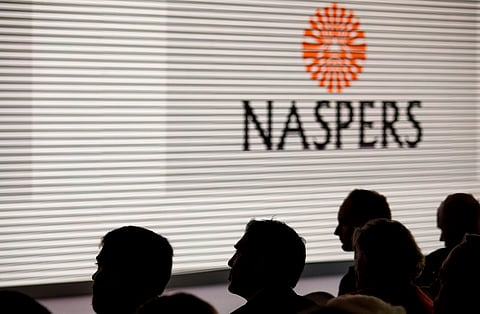A Naspers Ltd. logo is displayed on a large electronic screenPhotographer: Dwayne Senior/Bloomberg
Investing
Naspers, Prosus signal major profit surge on Tencent and Ecommerce gains
Tencent gains and fast-growing Ecommerce units are set to lift Naspers and Prosus earnings sharply, signalling strong operational momentum.
Key topics:
Tencent rebound and Ecommerce profitability drive strong H1 earnings growth
EPS and CHEPS expected to surge, boosted partly by one-off Tencent share-sale gains
Adjusted metrics, forex effects and unaudited figures remain key caveats
Sign up for your early morning brew of the BizNews Insider to keep you up to speed with the content that matters. The newsletter will land in your inbox at 5:30am weekdays. Register here.
Support South Africa’s bastion of independent journalism, offering balanced insights on investments, business, and the political economy, by joining BizNews Premium. Register here.
If you prefer WhatsApp for updates, sign up to the BizNews channel here.

